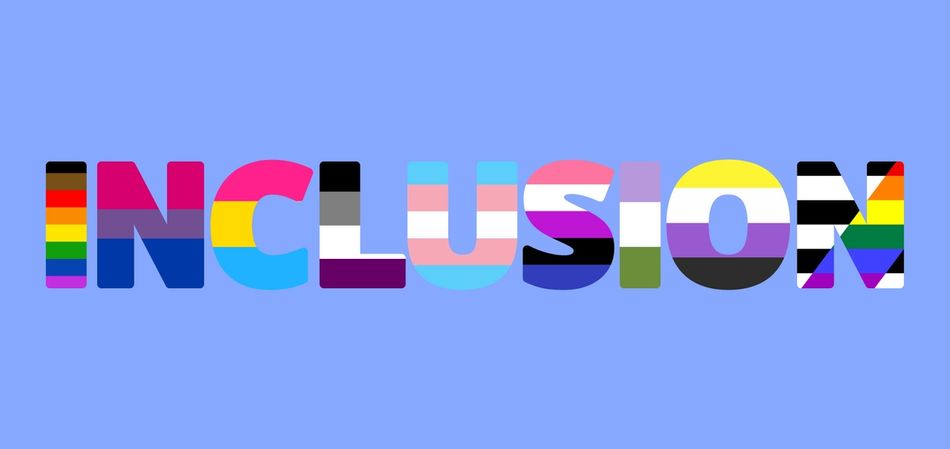
In honor of Pride Month, Range is sharing a few posts on building inclusion at work. Earlier this week, Ellen Pao contributed to our series with a post on how leaders can build an inclusive workplace. We’d love to hear your ideas and thoughts. You can find us on Twitter at @RangeLabs.

Working on a people operations team at a startup or scaling company is difficult. You’ve almost always got a fire to put out 🔥 or there’s a new program that needs to launch yesterday. You have limited budget and bandwidth — you’re doing four people’s jobs and you’re on the frontline for supporting how the whole company is feeling.
And so when an employee comes to you with yet another question or request for special consideration, it can feel like just another-thing-on-your-list. And so you share the default policy and leave it be. The person will figure it out. Plus, you put time into crafting a fair, supportive policy, so it’s fine.
Being inclusive inherently means being flexible, even with work policies
This type of response is a problem. Too often in People Operations, we rely on the policy as an answer in and of itself. We cover 50% of benefits. We don’t provide transit benefits. Working from home is only allowed on Tuesdays. The list goes on.
We craft our policies to reflect our company values and what we can sustainably support given budget and time. And sometimes we could support one or two individuals being an exception to the policy, just not the whole company. Yet we shy away from making those exceptions because it’s not “fair” or, frankly, because it’s difficult.
I am arguing for a more flexible approach for people operations because that is what empowers inclusion.
One teammate doesn’t have the same needs as another. One person may need to live far away to help support family, and having some transportation costs covered would be huge for them. Another person may live close by but has two small children, so having a flexible schedule really matters for them.
Your company may not be able to allow everyone to bring their dog to work. That’s just logistics. But if someone needs an emotional support dog in order to feel safe coming to work, being flexible means you could support that one person while still having a policy that says no dogs at work.
Policies are useful: they provide default solutions that simplify workflow and account for the majority of what your team needs. But, exceptions happen. And being flexible allows you to react to different needs and the changing nature of the workplace.
And that’s what being inclusive looks like: meeting people where they are and supporting them as they need.
Be mindful and aware of when and why you make policy exceptions
I know, as People Ops, we’re already thinking about the problems that this could cause. So, two caveats:
- Be mindful of the overall support you give an individual and where bias might creep in. You don’t want to create a situation where a specific group is treated differently. Where possible, create a process for handling exceptions so individuals don’t have to make a decision on their own.
- Be aware of your own team’s bandwidth and support yourself. People Operations is hard and being flexible takes time and energy. Make sure that you can support the flexibility before you commit to it.

Being flexible can sound difficult, but it can make a big impact on your team’s experience at work. At Range, one of the areas where our People Ops team (cough, me, cough) has made an effort to be flexible is around mental health. Different members of our team lean on different resources — therapy, taking time off, exercise, sleep, and more.
We try to support each individual in their own care regime, whatever that looks like. It’s not always easy—at startups it can be easy to always want to push the team for more—but it’s important to remind ourselves that what each of us need to show up to work prepared and excited is different from others.
We’d love to hear from you on your experiences about being flexible with People Operations and the impact it has made. You can find us on Twitter at @RangeLabs.








